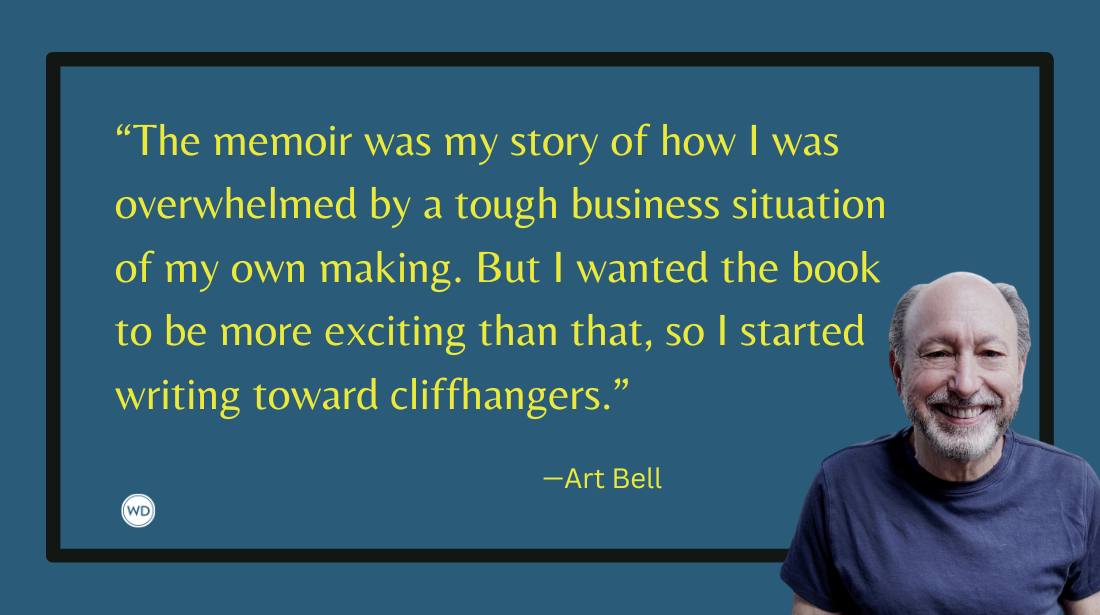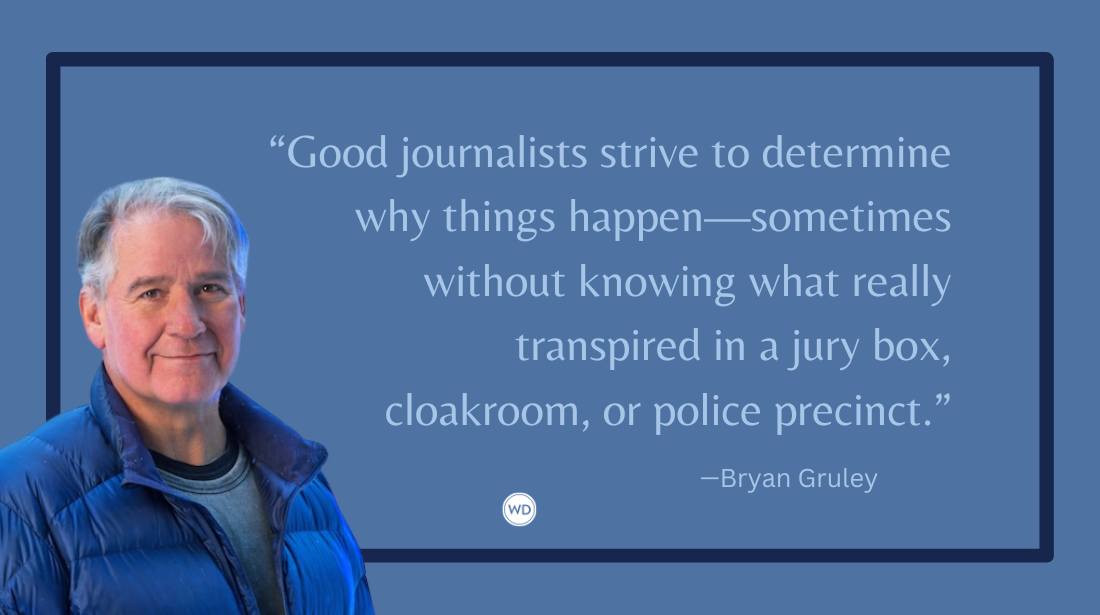What Is a Fragmented Essay in Writing?
In this post, we look at what a fragmented essay is, including what makes it different from other types of essays and when writers may prefer to use this style.
Personal essays are a great genre of writing available to writers. When done well, personal essays deliver a compelling nonfiction story for readers. And writers can choose from many personal essay styles, including the fragmented essay.
In this post, we're going to look at what a fragmented essay is, including what makes it different from other types of essays and when writers may prefer to use this style.
What Is a Fragmented Essay in Writing?
Very simply, a fragmented essay is an essay that is broken into smaller fragments that may at times feel unconnected. However, the pieces fit together in a way that makes for a compelling whole. In a way, it's like a narrative mosaic.
The fragments in a fragmented essay may be (and probably are) out of order in terms of chronology, tone, meaning, and any other type of organizational filter a writer could dream up. As such, a writer could begin at the end, end at the beginning, or slot both in somewhere between the middle pieces.
Of course, fragmented writing can also be (and is) used in fiction and poetry as well. But it can be especially useful in essay writing, especially if a normal linear timeline doesn't add much to the story. In such cases, fragmented writing can give essayists more opportunities to build tension in creative ways.
*****
This course guides beginning and intermediate writers through elements of how to write a personal essay, helping them identify values expressed in their stories and bring readers into the experiences described. Writers learn how to avoid the dreaded responses of "so what?" and "I guess you had to be there" by utilizing sensory details, learning to trust their writing intuitions, and developing a skilled internal editor to help with revision.
Robert Lee Brewer is Senior Editor of Writer's Digest, which includes managing the content on WritersDigest.com and programming virtual conferences. He's the author of 40 Plot Twist Prompts for Writers: Writing Ideas for Bending Stories in New Directions, The Complete Guide of Poetic Forms: 100+ Poetic Form Definitions and Examples for Poets, Poem-a-Day: 365 Poetry Writing Prompts for a Year of Poeming, and more. Also, he's the editor of Writer's Market, Poet's Market, and Guide to Literary Agents. Follow him on Twitter @robertleebrewer.








